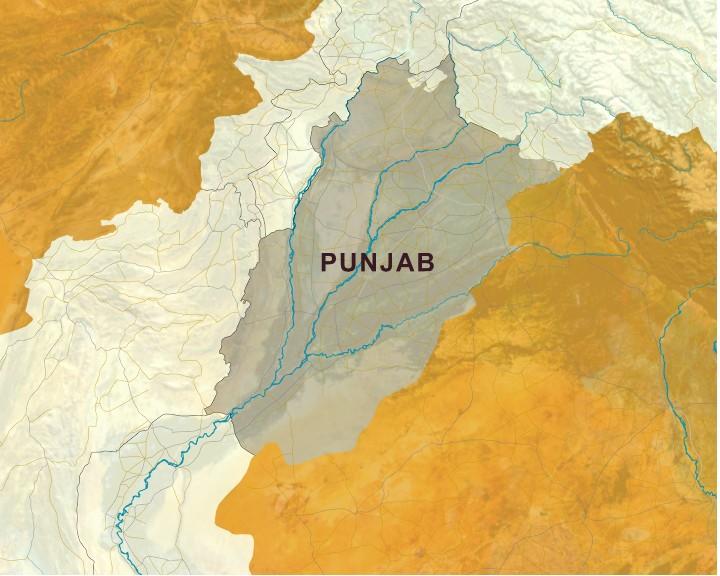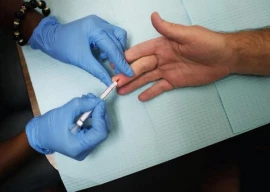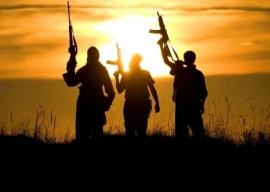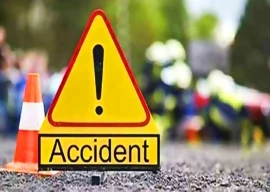
Local residents will supervise 90 projects launched under the Punjab Cities Programme for developing solid waste management, parks, roads and chowks at estimated expenses of Rs7.6 billion during the ongoing financial year.
Of the schemes, 26 projects to be completed with a spending of Rs620 million, are aimed at rehabilitation of available infrastructure in areas falling under 16 municipal committees across Punjab.
The projects will be launched in Daska, Hafizabad, Jhelum, Kamoke, Muridke and Wazirabad in north; Gojra, Jaranwala, Jhang, Kamalia and Okara in central: and Bahawalnagar, Burewala, Khanewal, Kot Addu and Vehari in South Punjab.
The Punjab government had shortlisted the cities with the help of the World Bank for having considerable economic activities, sources told The Express Tribune.
These cities are economic hubs away from major urban centres of Punjab like Lahore, Faisalabad and Gujranwala, and were growing at a fast pace.
The data of the 2017 Census was also considered in the selection.
An estimate shows that the population of Muridke will multiply four to five times in next two decades, shared Municipal Officer Hasnain Hafeez.
The city had the fastest growth rate in the surrounding region as per to the census, he added.
The programme worth $236 million comprises $200 million funded by the World Bank and $36 million by the provincial government.
It will strive for institutional strengthening of local government bodies so that they can deal in a better way with the challenges that will emerge as a result of fast urbanisation in the cities.
The "policy reforms to expand exploitation of economic growth potential” of the cities is also in line with the Punjab Growth Strategy and Vision 2025, Punjab Municipal Development Fund Company (PMDFC), Programme Officer for Communication Idrees Haider shared. The PMFDC is responsible for implementation of the PCP.
The official added that the projects were focused on direct welfare of residents, for example solid waste management, water supply, roads and parks. The residents are the real stake holders in the projects, he said.
An important “policy reform” under the PCP is to involve the residents to supervise the projects. The locals were not only involved at the execution stage but also the project designing stage, he said.
Committees were formed to look after the projects and their functioning after completion.
Under the chief initiative, the Imambargah Park and Lady Chatha Park in Muridke are being looked after by a committee of local residents.
The municipal committee provided the necessary staff, including a security guard and a gardener. The staff fulfil daily responsibilities maintenance, security and cleanliness at the parks.
The local committee supervises them and the whole parks. Its input was also taken in deciding the policies for the parks, like the opening and closing timings, design and number of visitors allowed.
The municipal officer said dozens of staffers worked under an officer and it was very difficult to effectively supervise them and the infrastructure.
The local people's contribution resulted in sharing the burden of the officials, he said, adding that it also gave a sense of ownership to the residents.
The official said that if the residents were not involved, ensuring the functionality and sustainability of projects became difficult even if more resources were pumped.
He said it was also unjust if the key stake holders, the residents for whom millions of rupees were spent, were not involved in the projects.
"They are supposed to use it but their input from the designing to execution and supervision stage is missing."
Published in The Express Tribune, March 11th, 2022.


















COMMENTS
Comments are moderated and generally will be posted if they are on-topic and not abusive.
For more information, please see our Comments FAQ